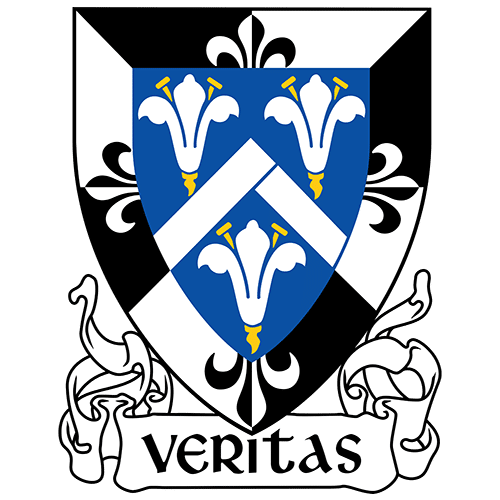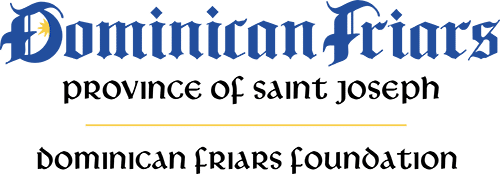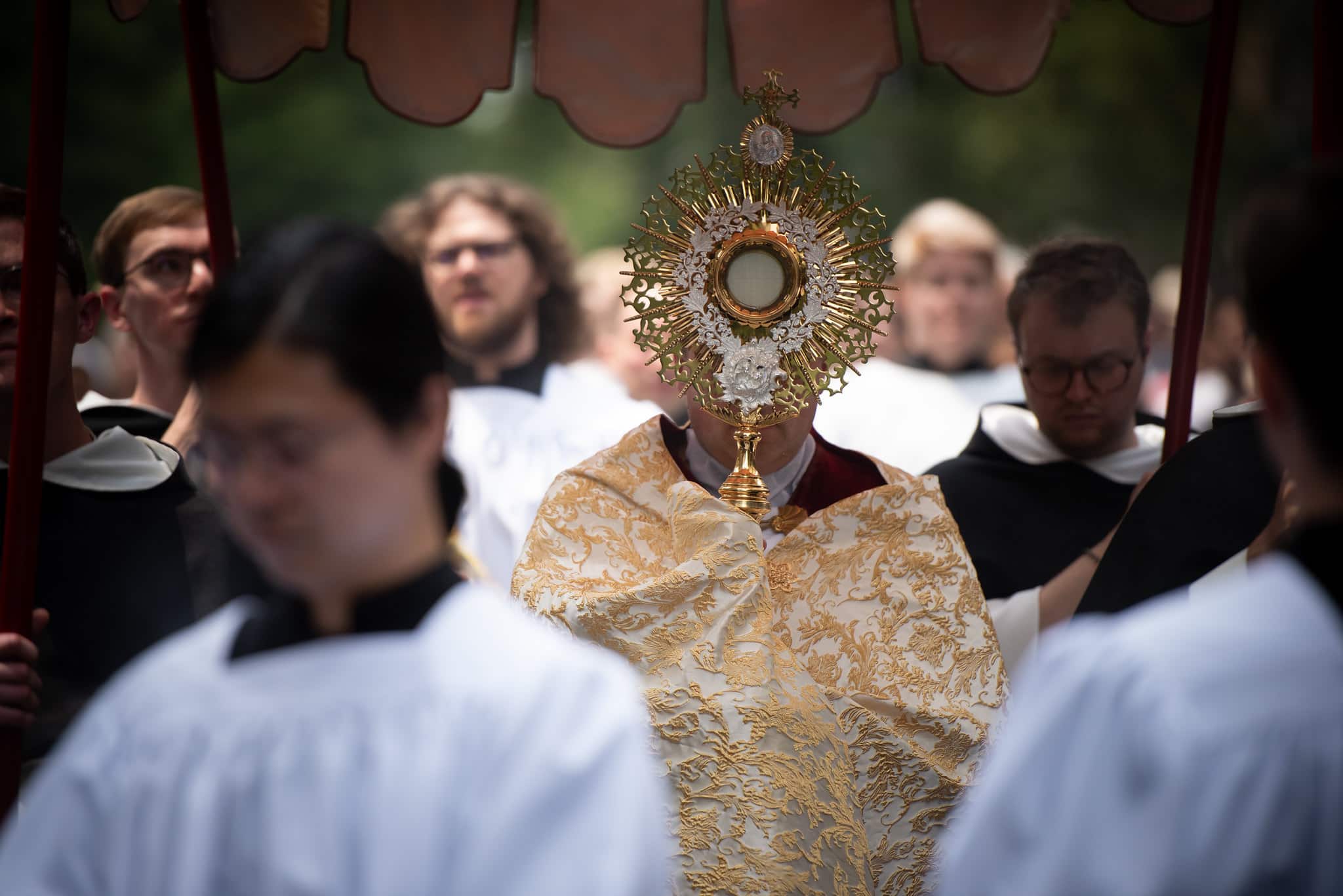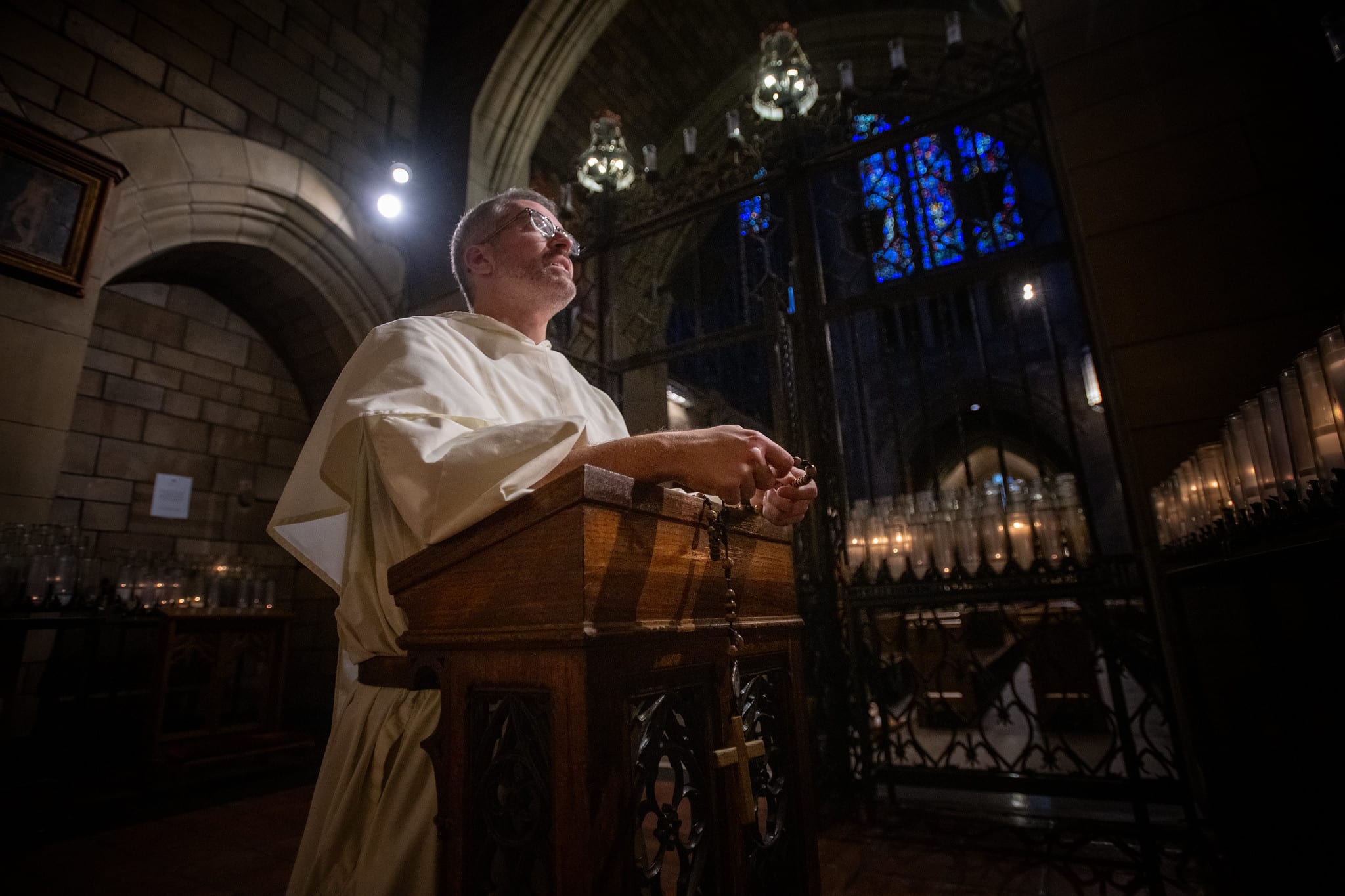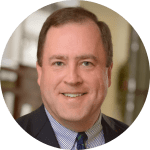
David Burleigh is a lawyer with Buechner Haffer Meyers & Koenig Co., LPA, where he represents private business owners and their families in their business, family, and personal affairs. David also serves on the board of the Dominican Friars Foundation.
Why do we need to plan at all?
Because you own things, and because you want to address reality. A Dominican friar friend of mine said, “as Dominicans, we look to what is present, not to what is absent.” Some people avoid planning because they fear reality, or because they lack the confidence to evaluate their situation accurately, or because they are preoccupied with what is absent—death of a spouse, estrangement in family relationships, family problems involving money, and so forth. The better way to plan is to look to what is present. Where is the good happening in your life? What do you own? How can planning for what you own show that the good is present? How can you engage reality rather than run from it?
How does planning help us give more effectively?
Planning develops confidence by requiring focus and imposing discipline. Getting organized is half the battle in life, but you can’t get organized if you don’t know what you are getting organized to do. You need focus. When it comes to planning for what you own, you face two key questions: what will you do, and what will you not do? To be effective in using anything you own—whether your intended use is charitable giving or some other activity—you have to be focused. Exerting focus increases your confidence and helps you see what is present.
How do we determine the size and scope of our plans?
You should plan for what you own. There are only three places you can go with what you own: taxes, family and friends, and charity. There is no fourth place. So, a person should plan comprehensively and take account of what he or she owns. Often formulating a plan, let alone executing it, will take a while. But that’s no reason not to start.
When is the right time to make an estate plan?
Now.
How have the Dominican Friars played a role in your life?
I met the Dominicans in 1990 in Dallas. Friars from the Southern Province had served at the University of Dallas since the 1950s. I got to know one of them, Fr. Paul Hinnebusch, O.P., who, upon learning I was moving to Cincinnati, pointed me to St. Gertrude, the Dominican parish there. My wife and I have been at St. Gertrude ever since. All four of our kids went to the Dominican elementary school there, run by the Nashville Dominican Sisters. One child went to Providence College. Two others received much help from a young Friar who is chaplain at the University of Dallas.
Over the years, I have spent a lot of time helping the Dominicans—St. Gertrude Parish activities, St. Gertrude School Advisory Council, the Dominican Friars Foundation—because I am motivated by how the Dominican charism shows up in daily life. As Fr. Walter Wagner, O.P., has said, preaching involves a lived question and an answer. I look back and see that at every significant turn in the road, a Dominican friar has given me the right advice. In 1995 it was Fr. Finbar Carroll, O.P. In 2003 it was Fr. Ken Letoile, O.P. In 2011 it was Fr. Ezra Sullivan, O.P. In 2015 it was Fr. Justin Brophy, O.P. Every time the question was critical, and every time the guidance was right on.
People need this kind of help. There’s nobody who doesn’t have a lived question. That’s why the Dominicans will never run out of important work to do.
To learn more about how you can include the Dominican Friars in your estate plans, contact our Planned Giving Office at PlannedGiving@dominicanfriars.org or call 646-350-0108.
